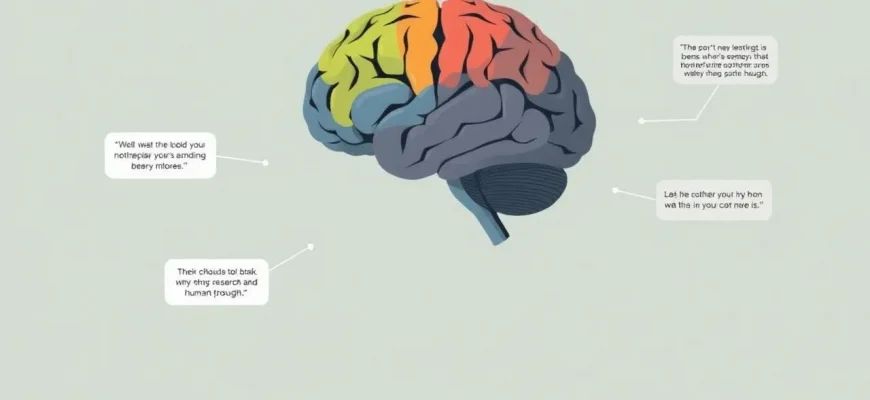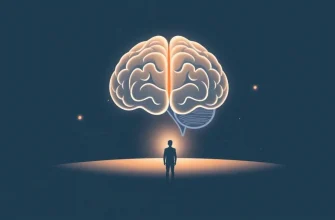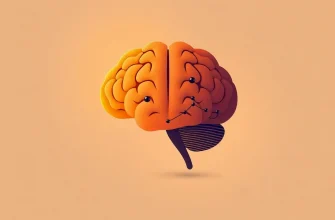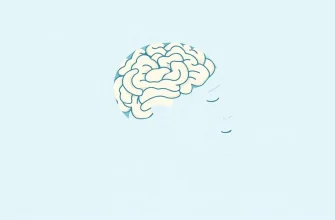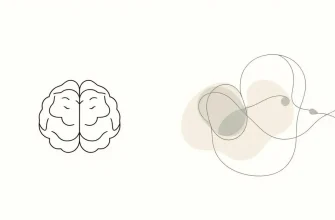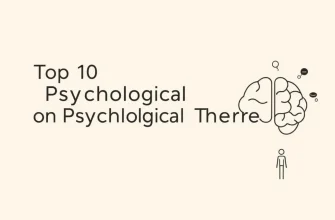Dive into the fascinating world of human psychology with this handpicked collection of documentaries. Each film offers a unique perspective on the complexities of the human mind, exploring everything from groundbreaking experiments to the intricacies of mental health. Whether you're a psychology enthusiast or simply curious about what makes us tick, these documentaries provide both educational value and a captivating viewing experience.

Crumb (1994)
Description: While focusing on the life and work of underground cartoonist Robert Crumb, this documentary delves into his psychological state, exploring themes of mental health, family dynamics, and the impact of childhood trauma.
Fact: The film was nominated for an Academy Award for Best Documentary Feature.
 Watch Now
Watch Now 
The Stanford Prison Experiment (2015)
Description: This film delves into the infamous 1971 experiment where college students played the roles of prisoners and guards, revealing the dark side of human nature when given power. It's a chilling exploration of how quickly normal individuals can adopt abusive behaviors.
Fact: The film was shot in the same building where the original experiment took place, and some of the actors were actual psychology students.
 Watch Now
Watch Now 
The Bridge (2006)
Description: This film focuses on the Golden Gate Bridge, known for suicides, and explores the psychological reasons behind such acts, as well as the impact on survivors and witnesses.
Fact: The filmmakers spent a year filming the bridge, capturing several suicides on camera, which sparked ethical debates.
 Watch Now
Watch Now 
Room 237 (2012)
Description: While not strictly about psychological research, this documentary explores the psychological interpretations of Stanley Kubrick's "The Shining," offering insights into how viewers perceive and interpret art through their own psychological lenses.
Fact: The film includes interviews with people who have spent years analyzing "The Shining," some believing it contains hidden messages about the Holocaust or the Apollo moon landing.
 Watch Now
Watch Now 
The Act of Killing (2012)
Description: Although primarily about the Indonesian mass killings of 1965-66, this film examines the psychological effects on the perpetrators, offering a unique perspective on guilt, denial, and the human capacity for violence.
Fact: It was listed by The Guardian as one of the top 50 documentaries of all time.
 Watch Now
Watch Now 
The Wolfpack (2015)
Description: This documentary tells the story of six brothers who were kept inside their apartment for most of their lives, exploring the psychological effects of isolation and the power of film as an escape and education.
Fact: The brothers reenacted scenes from movies they watched, which became a significant part of their psychological development.
 Watch Now
Watch Now 
The Power of Nightmares (2004)
Description: This documentary series by Adam Curtis investigates the rise of the politics of fear, exploring how leaders manipulate public perception through psychological tactics.
Fact: It has been praised for its in-depth analysis but also criticized for its controversial conclusions.
 30 Days Free
30 Days Free 
The Century of the Self (2002)
Description: This four-part series by Adam Curtis examines how Freud's theories on the unconscious were used by corporations and governments to manipulate the masses, shaping consumer culture and political strategies.
Fact: The documentary uses a wealth of archival footage to illustrate its points, making it both informative and visually engaging.
 30 Days Free
30 Days Free 
The Mind, Explained (2019)
Description: This Netflix series breaks down complex psychological concepts into digestible episodes, covering topics like memory, dreams, and anxiety, making psychology accessible to everyone.
Fact: Each episode is narrated by Emma Stone, adding a familiar voice to the exploration of the human mind.
 30 Days Free
30 Days Free 
The Brain: A Secret History (2010)
Description: This documentary series explores the history of brain science, focusing on how psychological research has evolved, from mind control experiments to understanding mental illness.
Fact: It was produced by the BBC and features interviews with leading neuroscientists and psychologists.
 30 Days Free
30 Days Free 
